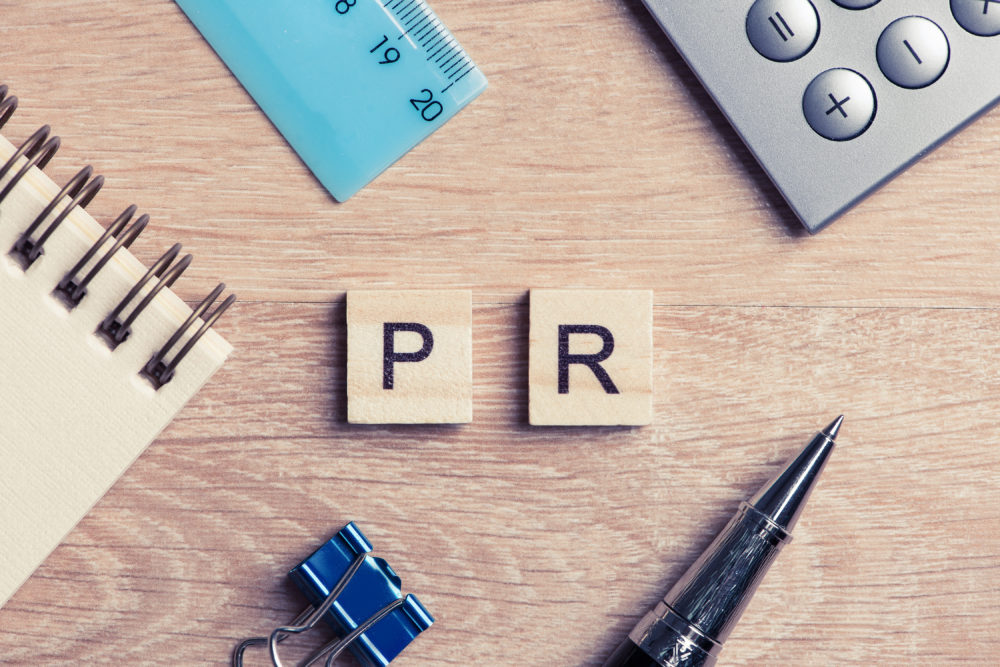Many small businesses find it difficult to understand what public relations is, what a PR agency does and whether they need PR or not.
In fact, it’s not unusual for a small business to be wary of PR. After all, you have to hand over a lot of trust to an agency working for you and occasionally it can take some time to see results.
So we thought it was useful to look at the different ways in which public relations can help your business to clear up some of the misconceptions that businesses have.
Overall, most businesses will require a level of PR support at some point so it’s worth considering it from the beginning and incorporating activity into future budgets or marketing plans.
1. Creating awareness with your customer base
This is possibly the primary reason that businesses think about investing in public relations. All businesses need sales to stay afloat and creating awareness of the product or service is the first step to achieving these sales.
Like any form of marketing, it is important to ensure that you locate where your audience is and understand the types of media they are consuming.
If you are a B2B business, then you should know which publications are read by your audience. These will probably be regional business publications or industry titles. They could also be titles across the verticals you service as well as business sections in the nationals like the Financial Times, perhaps.
If you are a consumer business, then you should also know your audience well. If you don’t, it’s definitely worth doing some research into your existing customers or potential customers. Do they read the Guardian or the Daily Telegraph? Are they likely to read blogs, do they use a particular social media platform, for example?
At a base level, you can use public relations to tell your audience that your business exists, what products it sells and to keep them updated on news and developments.
2. Building your brand values
The next step is thinking about how PR can develop your brand messages and core values. Every business will have a number of messages they wish to convey to their customers about their product, the type of business they are, their ethics and who they are.
Public relations is ideal for communicating these values and, over time, building up a loyal customer base.
A long-term strategy would ensure brand messages are consistently conveyed to both remain on the radar of the customer and to ensure that the customer continually recognises the values they originally felt affinity with.
3. Gaining trust, authenticity and credibility
Out of all the tactics within the classic marketing mix, PR is the one activity which gains the most trust within the customer. If you compare PR to advertising, for example, the consumer knows it has been paid for and contains messages that have come directly from the company.
When you send out a press announcement, get interviewed by a journalist or put your product forward for review, you are getting a third-party endorsement, which put simply, cannot be bought.
Of course, this does take a dimension of control out of your hands, but it’s always worth it to be endorsed by a journalist in one of your key publications.
4. Underpinning and supporting other marketing and sales activity
Public relations is also good for underpinning and promoting any other sales activity. If you integrate all your marketing, you can ensure consistent messages are being delivered across different channels that support each other.
If you are publishing a series of display adverts or releasing a television advert, it’s likely there will be a rise in the number of people searching for information on your company.
This is where it really helps to have a series of positive and informative articles about your company or a particular product across various publications, which gives your business extra accreditation.
Additionally, your marketing activity can be enough to trigger a PR story in itself. If you are a large business, simply releasing a new television advertisement or product is enough to get some significant coverage in industry publications.
A small business may have to work harder for coverage but new products, launching new marketing campaigns or new websites are all newsworthy stories to the right publications.
5. Building online reputation
The beauty of online PR is that the articles and mentions of your business are there to stay. Your business will continue to reap the benefits of these for the foreseeable future, compared to print publications, which as the old adage goes, are tomorrow’s fish and chip paper.
So even if you feel that a particular article or feature didn’t drive a huge amount of additional traffic to your website, do not fear! By continually creating a bank of articles and features about your company and what you do, you increase your online reputation as well as the likelihood of new customers finding you via search, over time.
If a new customer is thinking of using a new supplier or wants to find a new partner company, the first thing they will do is Google the names of any prospective businesses.
It’s massively advantageous to your company if the prospective buyer sees more than your company website, your company Facebook page and your Twitter account. If they see four pages of articles, features and mentions and start reading, they will find out a huge amount of information about your business and who you are.





